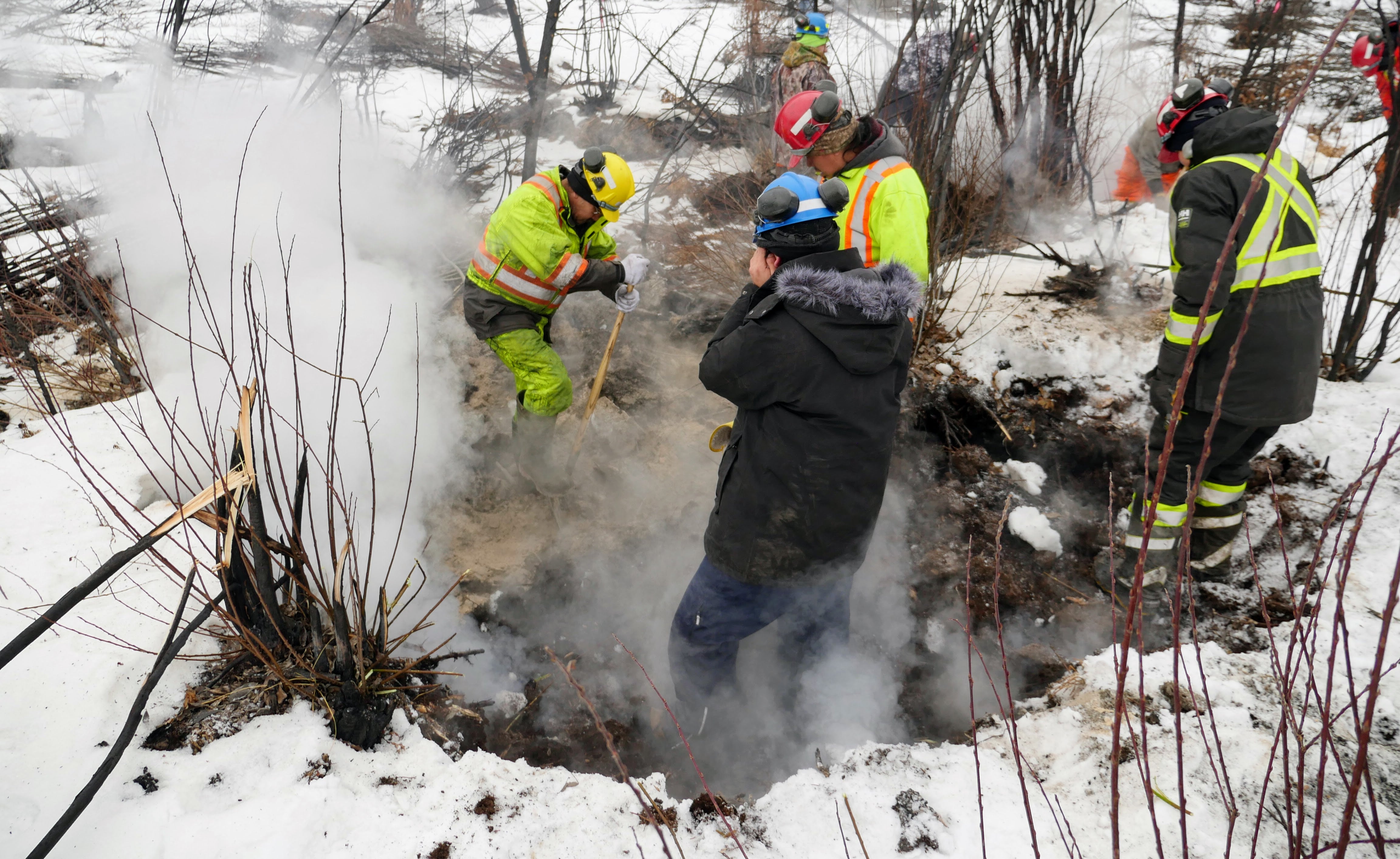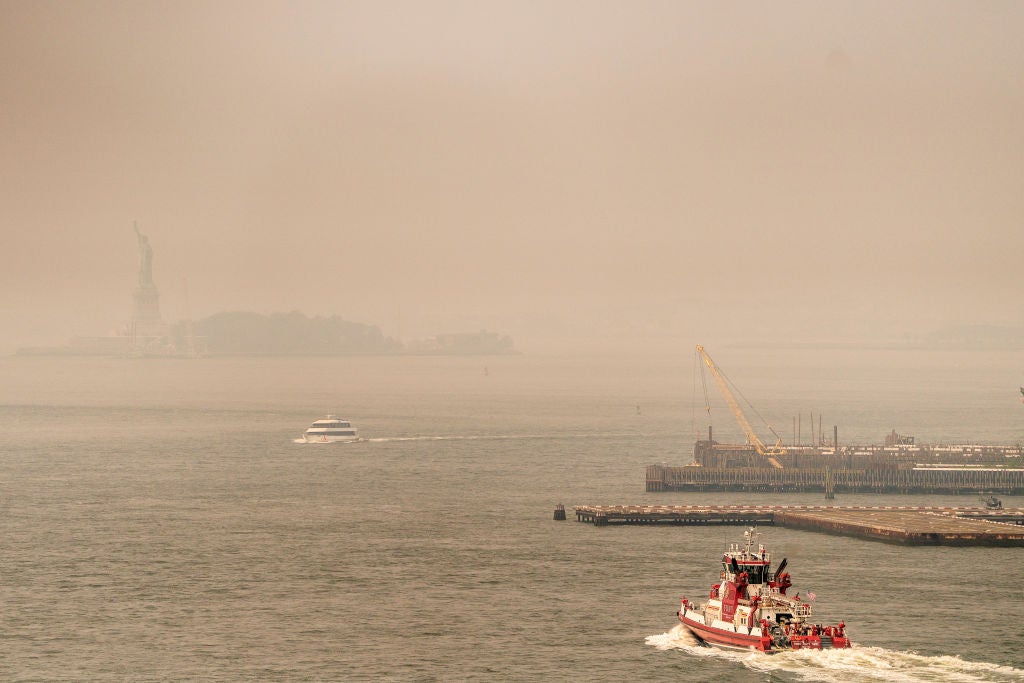Canada has early start to wildfire season as ‘zombie’ blazes smoulder through winter
Wildfire season had started in Alberta after a mild winter with little snow
Your support helps us to tell the story
From reproductive rights to climate change to Big Tech, The Independent is on the ground when the story is developing. Whether it's investigating the financials of Elon Musk's pro-Trump PAC or producing our latest documentary, 'The A Word', which shines a light on the American women fighting for reproductive rights, we know how important it is to parse out the facts from the messaging.
At such a critical moment in US history, we need reporters on the ground. Your donation allows us to keep sending journalists to speak to both sides of the story.
The Independent is trusted by Americans across the entire political spectrum. And unlike many other quality news outlets, we choose not to lock Americans out of our reporting and analysis with paywalls. We believe quality journalism should be available to everyone, paid for by those who can afford it.
Your support makes all the difference.Canada’s wildfire season has got off to an early start with fears that this year could be worse than 2023’s unprecedented number of blazes.
On Tuesday, the western province of Alberta declared that wildfire season had begun after a mild winter with relatively little snow. Large areas of western Canada are experiencing severe and extreme drought.
Typically, wildfire season doesn’t start until 1 March.
There are currently 149 active fires, according to the Canadian Interagency Forest Fire Centre (CIFFC), 56 blazes in Alberta, 92 in British Columbia, and one in New Brunswick.

However National Preparedness remains at the lowest level because most places are experiencing minimal dangers, CIFFC reported.
Dozens of fires that started in 2023 are still burning. These are known as “zombie” fires because they are incredibly difficult to extinguish, even during the harsh Canadian winter.
Canada had the worst wildfire season on record in 2023. Some 6,623 fires were recorded across the country, leading to the destruction of more than 44 million acres, seven times the ten-year average.
After officials met this week in Ottawa to plan for wildfire season, the government’s emergency preparedness minister, Harjit Sajjan, warned that 2024 could be worse than last year.

“This morning, we were provided with an alarming but not surprising update on the upcoming wildfire season. We were warned that we need to be prepared for the worst,” Mr Sajjan told Global News on Wednesday.
“Early reporting suggests that this year’s wildfire season could be worse than the last.”
Last year, Canada’s wildfires had impacts far beyond its borders with smoke causing high levels of air pollution across the US, and as far away as Europe.
In June, New York City shot above 400 on the Air Quality Index (which runs from 0-500) – a “hazardous” level of pollution that bathed the city in an eerie orange haze - because of the wildfire smoke.
The climate crisis that’s being caused by the emissions from fossil fuels, is driving larger, more frequent and erratic wildfires around the world. Many countries are becoming hotter and drier, priming more of the landscape to burn.

Join our commenting forum
Join thought-provoking conversations, follow other Independent readers and see their replies
Comments